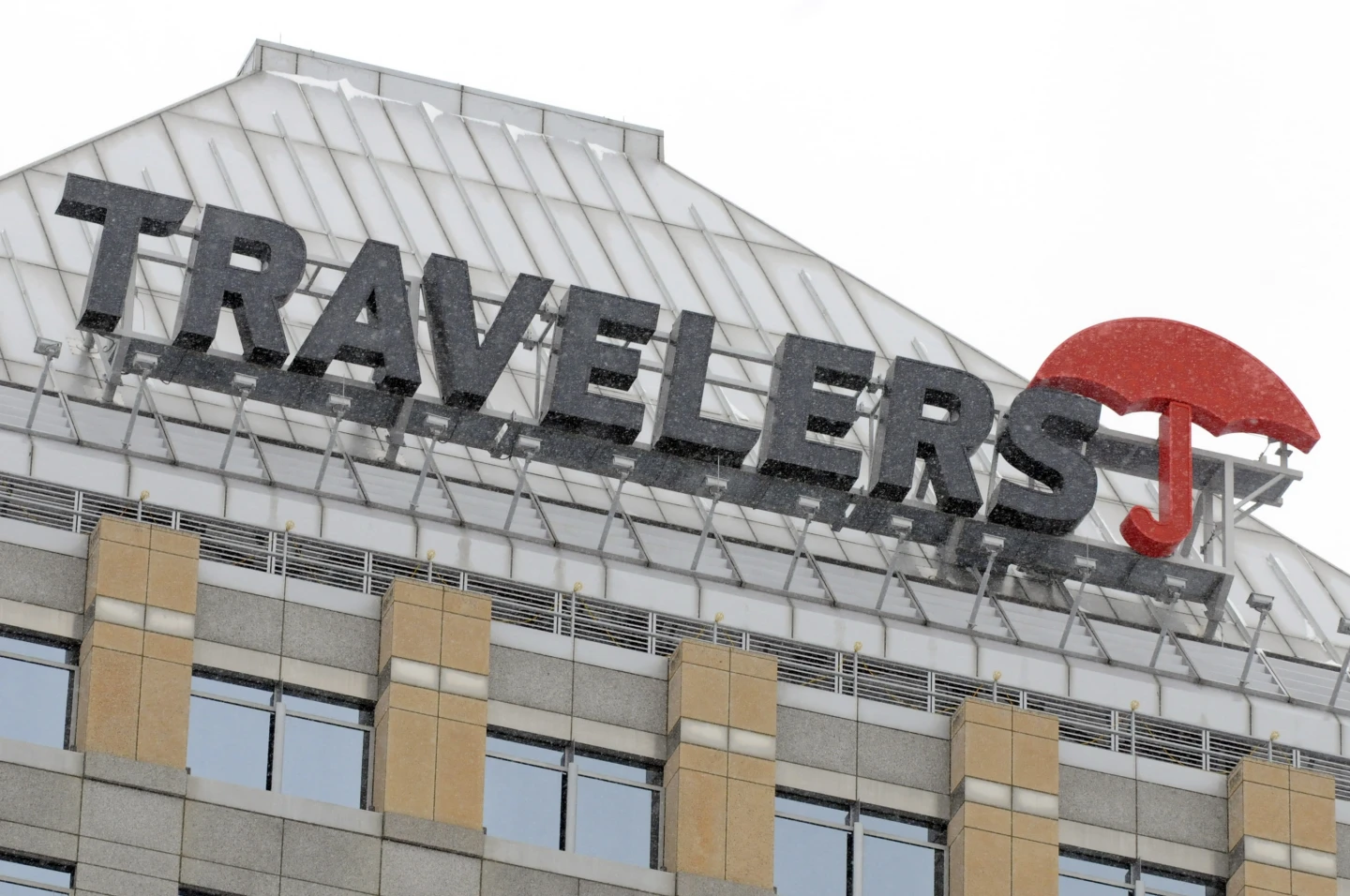Travelers, considered a bellwether for the insurance industry due to its size, said catastrophe losses doubled in its most recent quarter and the company swung to a loss as severe wind and hailstorms in a number of regions led to rising coverage claims.
The increasing frequency of extreme weather from hurricanes and wildfires to high winds and hail, are leading to disruptions in the insurance industry with some companies pulling out of states that are getting hit hard, such as Florida and California.
Catastrophe losses at Travelers jumped to $1.48 billion for the three-month period ending on June 30, up from $746 million in the same period last year.
Insurers have retreated from regions that have been hit repeatedly by severe weather, even after raising premiums for years to cover those losses.
State Farm and Allstate have pulled back from California’s home insurance market, saying that increasing wildfire risk and soaring construction costs mean they’ll no longer write new policies in the nation’s most populous state.
This week AAA said that it will not renew “a very small percentage” of homeowners and auto insurance policies in hurricane-wracked Florida, joining other insurers in limiting their exposure in the Sunshine State despite efforts by lawmakers to calm the volatile insurance market.
AAA insists it’s not leaving Florida, but that last year’s devastating hurricane season had led to an unprecedented rise in reinsurance rates, making it more costly to operate there.
Florida has struggled to maintain stability in the state insurance market since 1992 when Hurricane Andrew flattened Homestead, wiped out some insurance carriers and left many remaining insurers anxious about writing or renewing policies in Florida. Risks for carriers have also been growing as climate change increases the strength of hurricanes and the intensity of rainstorms.
Rising claims at The Travelers Cos. contributed to a $14 million loss, or 7 cents per share. Adjusted for non-repeating costs, the company reported earnings of 6 cents per share, but that’s still far from the per-share profit of $2.27 that analysts polled by Zacks Investment Research had expected.
A year earlier the New York company turned a $551 million profit, or $2.27 per share.
Adjusted revenue reached $10.13 billion, however, outpacing expectations as net written premiums rose to an unprecedented $10.3 billion. Net written premiums are a measure of how much of the premiums paid by customers that a company gets to keep for assuming risk.
Shares rose slightly Thursday.
Catastrophe losses double at Travelers as insurance industry, states hit by more severe events




